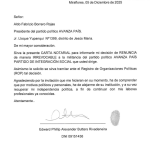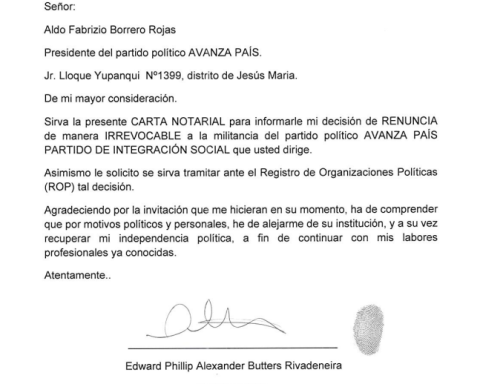The “platita plan”, launched by the then Minister of Economy and presidential candidate Sergio Massa, was a series of economic measures aimed at stimulating consumption and mitigating the impact of inflation on the most vulnerable sectors of Argentine society. This plan included bonuses for retirees and the unemployed by ANSESVAT refunds on debit purchases, and fixed sums for employees, among other measures.
However, these policies also generated criticism due to their impact on the country’s economy and fiscal sustainability. One of the most controversial components of the “platita plan” was the implementation of credits at a subsidized rate granted by the National Social Security Administration (ANSES).
These credits, intended for both retirees and active workers, were financed with resources from the Sustainability Guarantee Fund (FGS) of the pension system. The nominal annual rate of these credits was 50%, significantly lower than inflation, which reached 211.4% in 2023.
The high delinquency of these loans became a significant problem. According to data from the ANSESthe default rate on these loans was around 26% at the end of 2024. This situation generated obvious damage to the profitability and sustainability of the FGS, since the financial costs of the loans were significantly lower than inflation, which resulted in a decapitalization of the fund.

In this context, the government of Javier Milei made a drastic decision to address these problems. Through Decree 1039/2024, published in the Official Gazette, the possibility of using FGS resources to grant personal loans was eliminated.
This measure aims to preserve the profitability and sustainability of the fund, ensuring that its assets are invested in instruments that guarantee the preservation of their value. The decree repeals sections m) and n) of article 74 of Law 24,241, which allowed the organization to grant financing with FGS resources to both beneficiaries of the pension system and employees contributing to the SIPA.

Position
According to the government, the credit operations carried out by the previous management generated significant damage to the fund due to the negative real rates applied in a context of high inflation. The decision to eliminate the credits of ANSES has generated various reactions.
On the one hand, some sectors applaud the measure as a necessary step to guarantee the sustainability of the pension system and avoid the decapitalization of the FGS. On the other hand, critics argue that this decision negatively affects retirees and workers who depended on these loans to cover their financial needs.
follow us on Google News and on our channel instagramto continue enjoying the latest news and our best content.


















